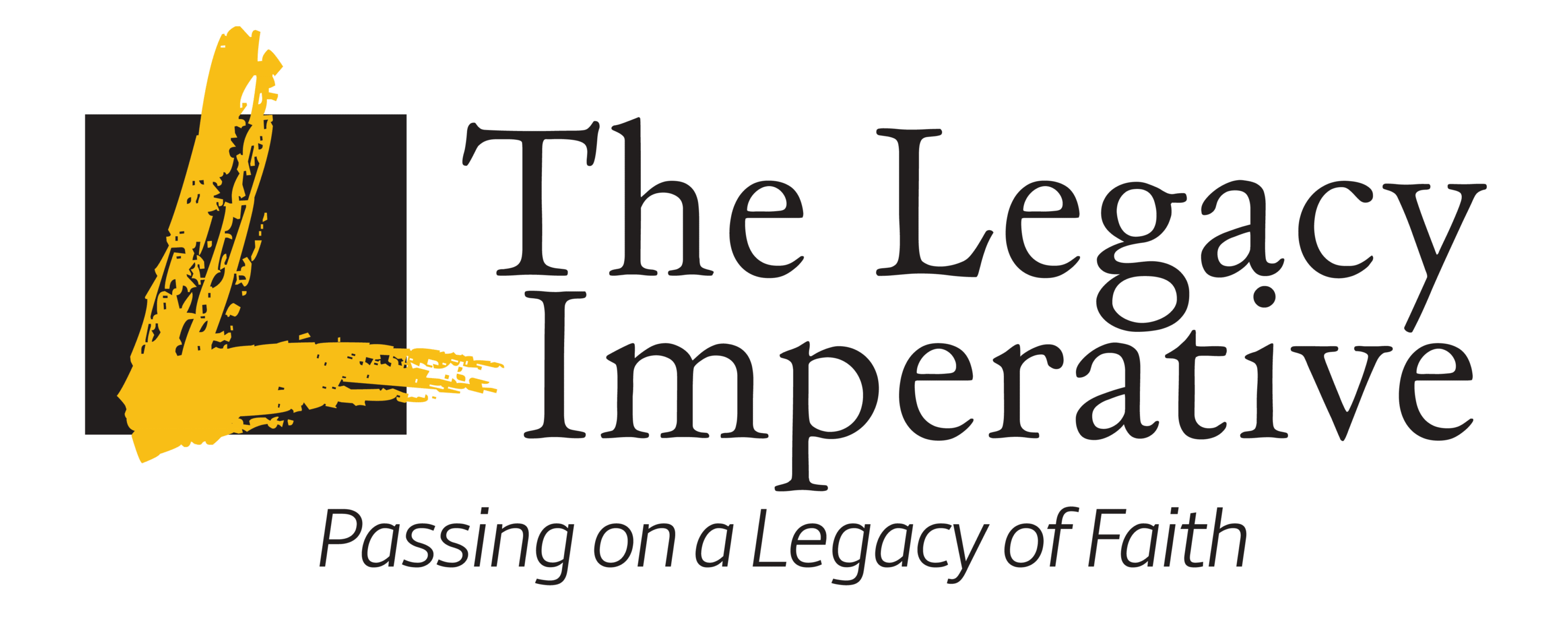COVID 19 Reality Check: We are All Going to Die
What matters is how well we prepare for it.
Irish playwright, George Bernard Shaw, famously quipped, “The statistics on death are impressive. One out of one dies.” For the past several weeks, the U.S. has worked feverishly to beat the odds during a killer coronavirus rampage. Yet, as I write this blog the number of confirmed cases is at the brink of two million worldwide and 600,000 in the U.S., with almost 125,000 deaths globally and 25,000 in America. Only God knows when this invisible serial killer will finally be eradicated. But its terror will haunt us for years to come.
While we weep for the dead, and the loved ones they leave behind, we can find some good in the wreckage: Americans are finally thinking about death—even though the COVID 19 numbers are relatively small compared to the bigger death toll that stalks us daily. According to the Centers for Disease Control, 2,813, 503 Americans died in 2019: some 650,000 of cancer, 170,000 in accidents, 160,000 from chronic respiratory problems, 146,383 by neurovascular disease, 66,000 through influenza and pneumonia, and 85,000 by way of diabetes. Shaw was right: “The statistics on death are impressive.”
Imagine if these overall numbers from the Centers for Disease Control rolled across our television screens every day. They would dwarf the COVID 19 numbers. But we have become numb to the other statistics. They remain just statistics until a loved one becomes a victim of one of these other killers. We call the new assassin the novel coronavirus. It’s just that—novel, new, and attention-grabbing, shaking us out of our lethargy and forcing us to face what we too often ignore: our own mortality.
In this season of our discontent, coronavirus gives us the gift of remembering that we are all fragile. The early Christians had a saying: memento mori—“Remember, you will die.” They knew that death was inevitable and inescapable. The authors of our U.S. Constitution recognized that when they wrote, “…nothing is certain, except death and taxes.” The writer of the New Testament book of Hebrews takes it a step further: “…people are destined to die once, and after that to face judgment.” [Hebrews 9:27 NIV] There are three inescapable facts: sooner or later, we will die; there is a judgment after death; and our eternal destiny will hang on the choices that we made this side of the grave.
Sobering stuff! And yet, liberating too. We are set free from the vain hope that we can somehow avoid or postpone death. This allows us to loosen our white-knuckle grip on life. It can remove much of the high anxiety many of us feel right now. The Psalmist confesses to God, “All the days ordained for me were written in your book before one of them came to be.” [Psalm 139:19]. None of us will live a second more or less than God has already ordained for us. If we are wise, we will use the fleeting moments we have left on things that matter—not in fighting death, but preparing for what comes after. We can also help others do the same.
Parents and grandparents, it’s imperative that you use your remaining time to make sure that your own eternity will be spent with Christ. If you have made your peace with God by resting in his Son’s saving work, you have nothing to fear—not now, tomorrow, or forever. Use your remaining time here sharing your Gospel story with your kids, grandkids, and anyone else who will listen. Statistics show that our young are anxiety-ridden during this time. Maybe it’s because, more than any other demographic group, they are the least sure about God, and less engaged in our Judeo-Christian Faith. But right now they are thinking about death more than at any other time. This may provide an unprecedented open window to dialogue with them about these eternal realities.
George Bernard Shaw was right: “One out of one dies.” We have no choice in that matter. But have plenty of choice about where we will be after this present life is over, and how we will make the best use of the here-and-now. Let’s live it by leaving an eternal legacy for those we love most—especially our future generations.
Dr. Bob Petterson
Legacy Imperative

